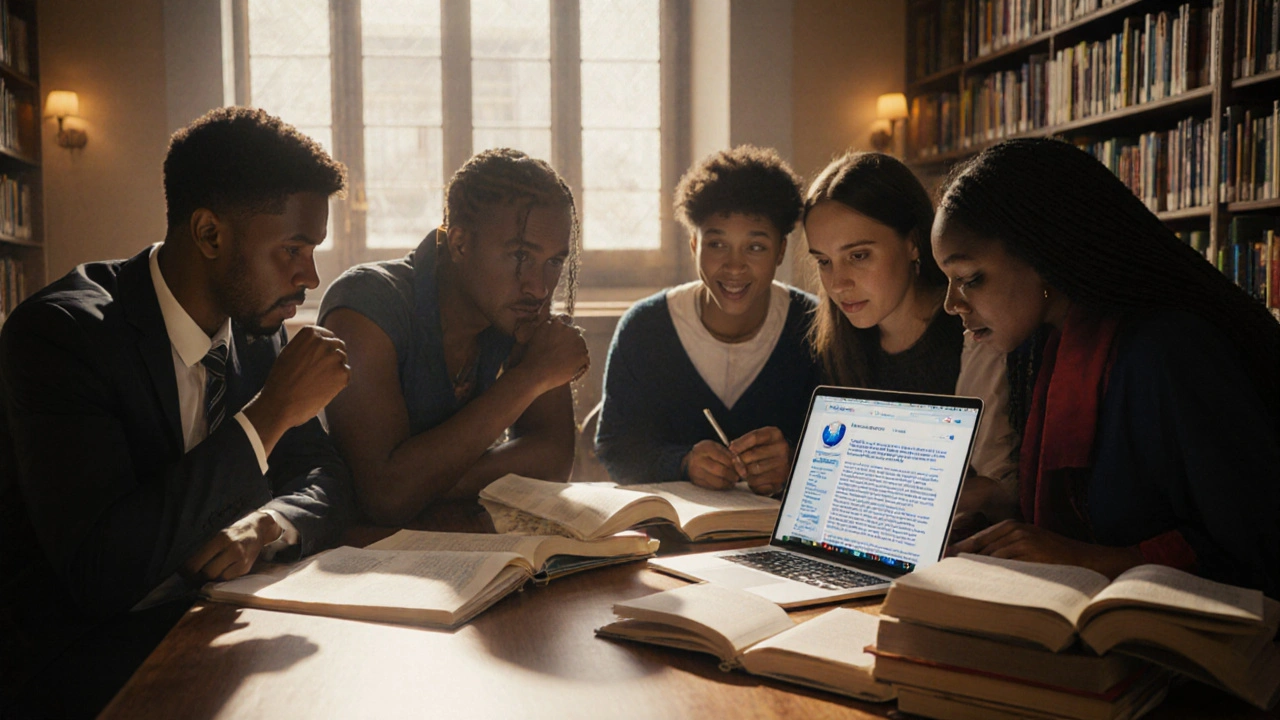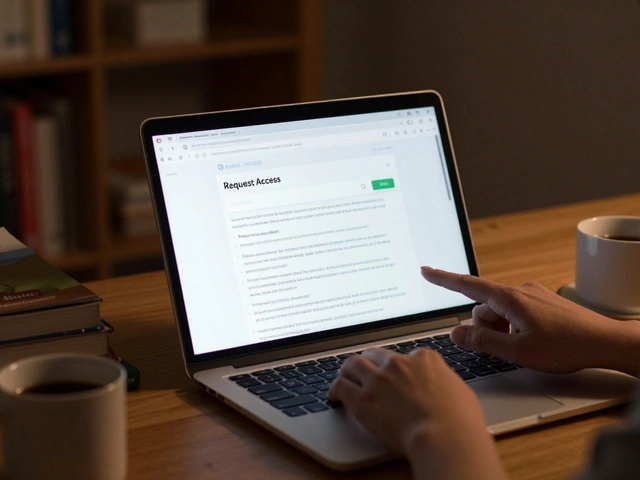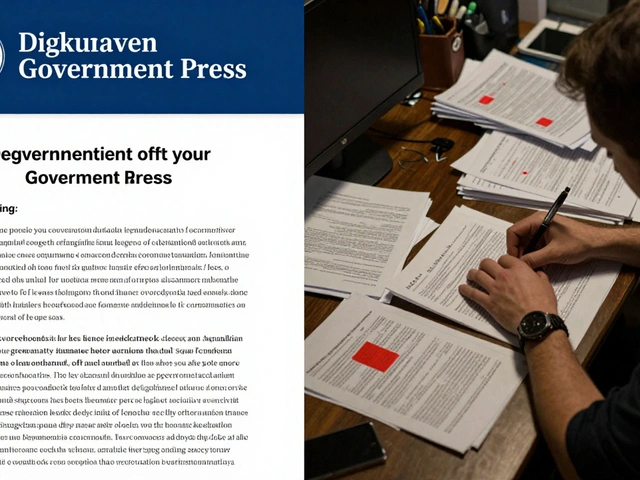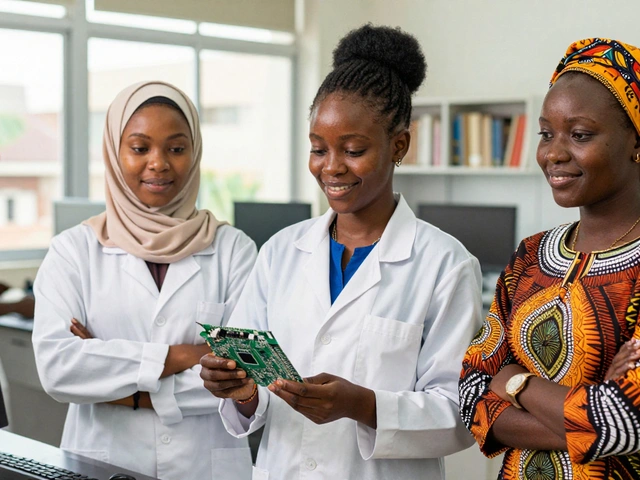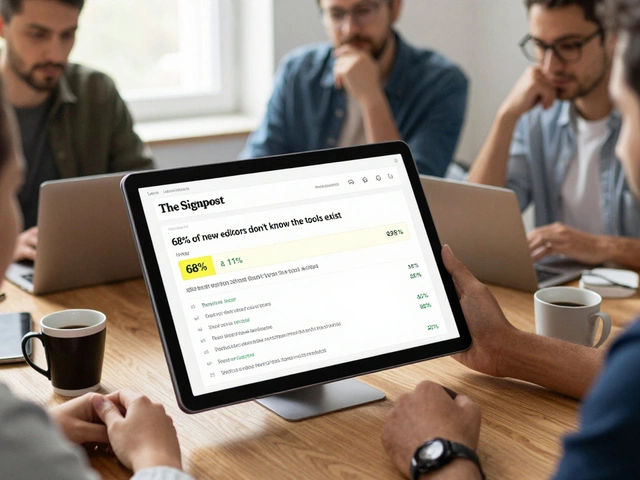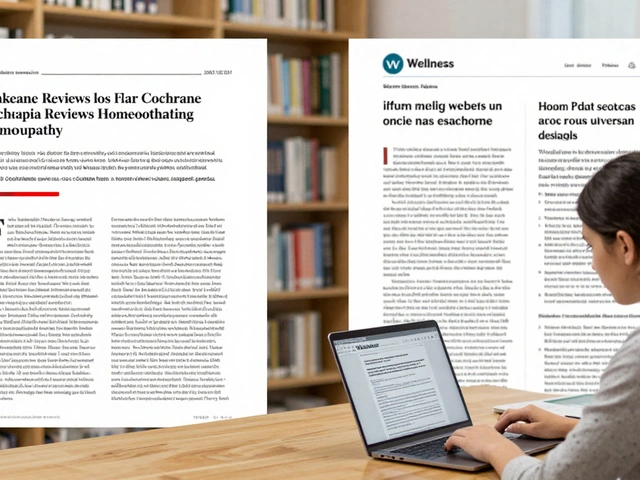Academic Studies on Wikipedia: Research, Bias, and the Science Behind the Encyclopedia
When you think of academic studies on Wikipedia, peer-reviewed research analyzing how the encyclopedia is used, edited, and trusted by the public and professionals. Also known as Wikipedia scholarship, it’s the quiet backbone of understanding how open knowledge works in the real world. These aren’t just opinions—they’re data-driven investigations from universities, think tanks, and independent researchers who’ve spent years tracking how Wikipedia changes the way we learn, report, and share facts.
One major theme across these studies is Wikipedia reliability, how accurate and trustworthy Wikipedia articles are compared to traditional encyclopedias and AI-generated summaries. Surveys show people still trust it more than new AI encyclopedias—not because it’s perfect, but because you can see who wrote it, what sources they used, and how edits are debated. Another key area is Wikipedia bias, systemic gaps in representation, especially around gender, race, and Indigenous knowledge. Research has found articles on women scientists, non-Western history, and minority languages are often shorter, less cited, or missing entirely. That’s why volunteer task forces now work to fix these gaps—not because they’re asked to, but because the data shows it matters.
The Wikimedia Foundation, the nonprofit that supports Wikipedia’s infrastructure and advocates for open knowledge. is also under academic scrutiny. Studies look at how its tech decisions—like AI literacy programs or selling data through Wikimedia Enterprise—affect volunteer editors. Some researchers warn that automation could erase nuanced knowledge. Others show how watchlists and copy editing drives quietly keep millions of articles accurate. These aren’t abstract debates. They’re daily practices shaped by real people, real policies, and real consequences.
Academic studies on Wikipedia don’t just describe the platform—they explain why it survives without ads, why journalists still use it as a starting point, and why AI companies scramble to scrape its content. They reveal that Wikipedia’s strength isn’t in its technology, but in its community: the editors who check citations, the volunteers who fight harassment, and the researchers who prove its value through evidence. What you’ll find below is a curated collection of articles that reflect this research—not just summarizing studies, but showing how they connect to real editing, policy, and survival on Wikipedia.
Academic Research About Wikipedia: A Survey of Major Studies
Academic research on Wikipedia reveals surprising truths about its reliability, editor demographics, and role in education. Studies show it's often as accurate as traditional encyclopedias, but faces bias and sustainability challenges.
